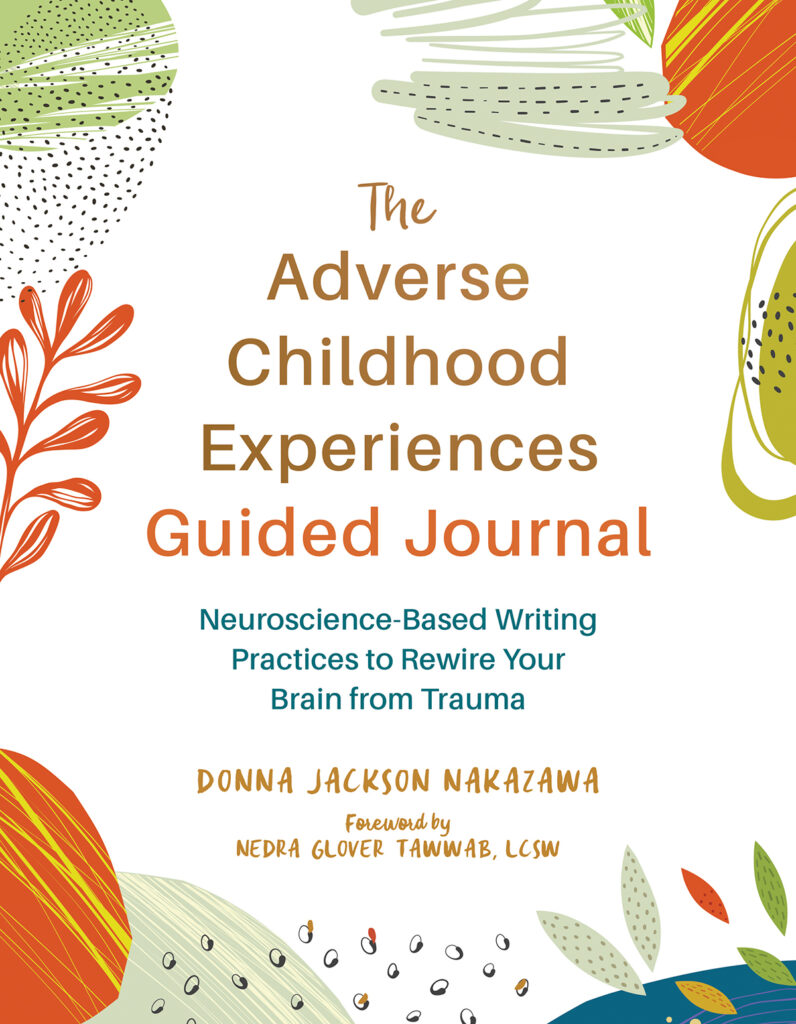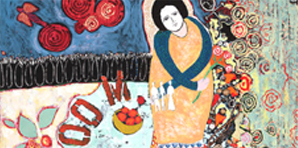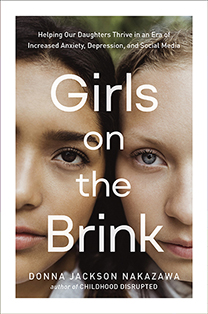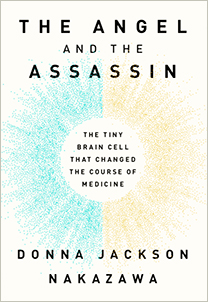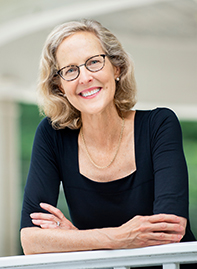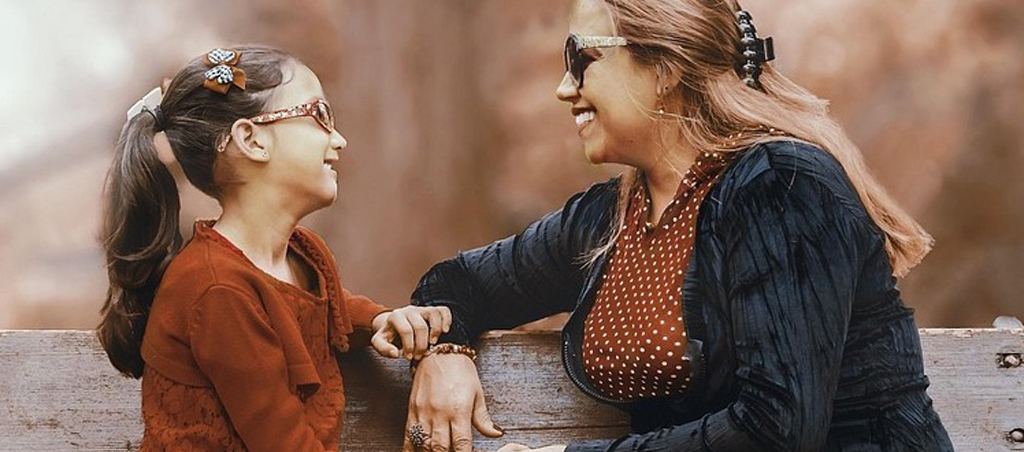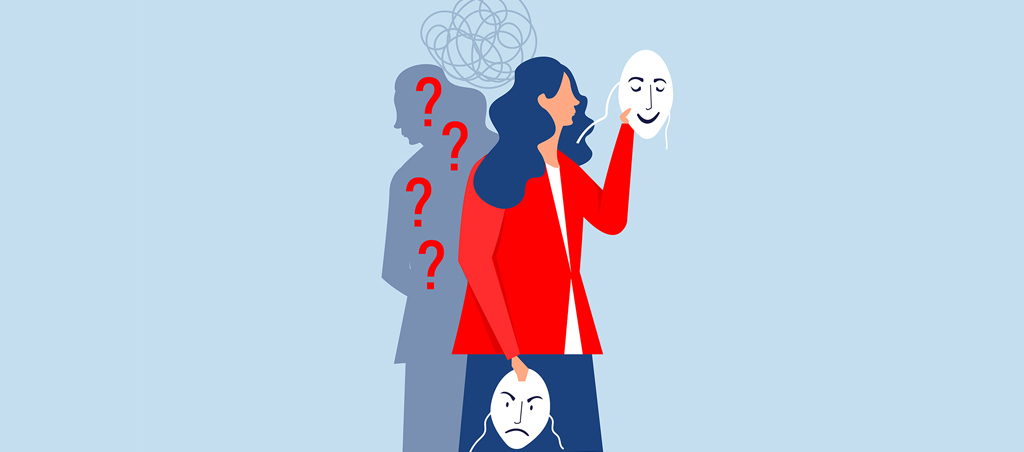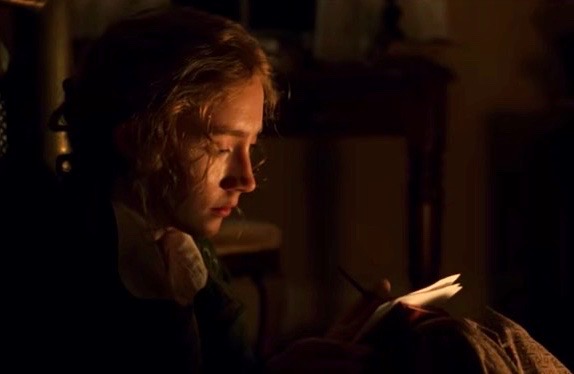
The Oscars are this Sunday, and as war movies and films about repressed male feelings take center stage, I’ve been thinking about why Greta Gerwig’s Little Women had me wiping away tears during the last 30 minutes of the film – something that also happened to me while watching another Gerwig film, Lady Bird.
Gerwig is a stealth story teller. She appears, for the first half of her films, to be weaving together a tapestry: scenes of girls-becoming-women; girls lit-up by a longing to be known and seen for their own way of interpreting all that is unsaid in a scripted world, and searching to find a way to make their singular voice be heard. These tableaus unfold against a larger backdrop of sacrifices both gladly and unhappily made, in order to serve and preserve the human interconnections that sustain us, and make us who we are as we find our place in the world.
And then, two-thirds of the way in, you realize Gerwig has quietly rowed you into currents of loss and gain and joy and rage which – if you are female, and if you are anything like me (and you might not be anything like me) – you have learned to suppress. You are stitched into Gerwig’s tapestry like Gulliver strapped into the shoals of the seashore, you can’t escape, you didn’t see it coming, and you just want to sit with these waves of old repressed female feelings washing over you for a good long time.
I’m no Louisa May Alcott and I’m no Greta Gerwig. I’m a science journalist; I tell scientific detective stories, interweaving emerging research with lived human experience. Still, my life as a writer began in many ways, with Little Women. I grew up in a family formed by historically “big” men: the Jackson in my name harkens back to Thomas J. (hence my grade-school playground nickname, “Stonewall”), and “Davey,” for whom Jackson Hole is named. Despite that legacy, my father, a newspaper editor, sailor, and quiet human rights activist, gave me Little Women and One Thousand and One Nights. Two female narrators, Jo March and Scheherazade. In his way, like Gerwig, my dad was also a covert actor.
That same year, circa 1970, I begged my dad for a tape recorder like the one he kept beside him on the front seat of our wood-paneled station wagon. I’d tuck that tape recorder under my arm and hold out the mic, asking people questions. “That pesky girl,” one male family friend said; even my own mom was horrified: “Put that away Donna! No one wants to hear what you have to say!” – she was no doubt projecting onto me her own fears (we parents do that kind of thing).
Three years later, my father died one summer day, following surgery. A few miserable years went by. I turned 17. As I thought about college, my mom begged me not to become a writer. “You’ll have frizzy hair, you’ll be a fat poet, you’ll never marry!” “I’m not getting married until I’m 40!” I yelled back at her.
In flocked my benefactors: my aunt, who once told me, “You aren’t the problem, Donna, what’s happening around you is the problem.” A teacher gave me a key to the teacher’s library. Another took me on a college tour to show me what might be possible. In college, a women’s studies teacher urged me to apply to a journalism program.
Over the next decade a lot happened. I wrote my first book. I got married. My son was born and a few weeks into being parents we discovered he had a life-threatening condition. He had surgery, and for weeks I lived in a room reserved for parents of critically ill babies on the pediatric wing at Johns Hopkins. After we brought him home, I spent a year in my bathrobe, nursing him, urging him, that beautiful boy, to health. (And so I wept (spoiler alert!) while Jo nursed Beth at the seaside.)
A few years and books later, I was the one who fell ill, with a neurological autoimmune disease which left me paralyzed. I recovered and relapsed. (My mom developed a theory around that time, that writing was killing me.) I didn’t think I’d write again. But I did; at first, I used a thick occupational therapy pen to set down words. I wrote my fourth book and fifth.
Now, as I’m half-way through a string of promotion for my sixth book, I’m thinking a lot about my voice, against the backdrop of the faces we as women can and cannot reveal to the world, if we want to be taken seriously. And more and more I find myself longing for the two selves to merge: the self I bring onto stage, or into a bookstore, and my unspoken female self who has lived the losses and joys of a Jo March while writing between the crises of living.
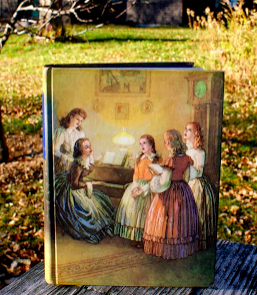
Over the course of three decades, I’ve been told many different things about how we should and shouldn’t tell stories. The biggest arrow strike has been that I myself have been a patient, which, for many decades, has been more or less disqualifying if one wanted to be taken seriously as a science journalist. The “right voice” has meant male voice; a voice which does not tell stories of patients and if it does, does not do so with compassion. Compassion is, well, too feminine and vulnerable a thing, and might skew one’s reporting. Still, there was always one exception to that – you could reflect on patients’ experiences if you were a man with an MD or PhD behind your name. And you could judge it. To wit: a well-known man in my field recently said he wouldn’t read my book because he wrote – in an email I wasn’t supposed to see – though the topic was worthy he found it “unlikely” that I’d ever been paralyzed twice (a fact I mentioned briefly in the book’s prologue). Perhaps, he suggested – despite knowing I see one of the world’s top neurologists – it had been a kind of emotional hysteria?
I did it differently. I knew there was a game I wasn’t physically well enough to play. I was too immersed in the life of the caregiver and patient. So, I did it a female-centric way, a patient-way, writing from hospital beds and waiting rooms, and at the kitchen table while overseeing homework, Halloween costumes, skinned knees, and broken hearts.
For a very long time, this put me in what I came to think of as the pink collar ghetto – the female patient writer we fear may be malingering on the page, or at very least skewed by her experiences and unable to be dispassionate about the subjects whose lives she’s reporting.
Right before one of my book tour talks, I called my 87-year-old mom, who I hadn’t talked to in a little while. I had a strange urge to hear her voice. “Hey mom, I’m about to give a talk at Harvard,” I said, flashing back to that moment when I was 18 and broke the news that I had secretly applied to a few colleges she didn’t know I’d applied to, and she’d been so angry she drove me to college, put my suitcase on the sidewalk, and drove away. (So now you know why I wept during Lady Bird, too.)
My mom was quiet on the phone and then said, “I remember reading your paper on Willa Cather’s My Antonia, when you were in high school. I would read something you wrote and it would send tingles down my spine. You had a way of putting words together and I thought to myself: Who is this child?” She paused. “I’m so proud of you.” It took me a moment before I could speak. It was the first compliment my mom had ever given me about my writing. My voice.
Book tour number six has been clarifying for me, my comfort level with walking that line between the presented self, versus the scripted self, even while knowing all the ways in which I might be sidelined (too female, a patient, not a scientist, non-affiliated, and now maybe not young enough (no ingenue here)).
We’re seeing women break past old fears of how they may be seen in medicine, science, sports, and journalism, moving beyond doing things in the man-made manner which we’ve inherited by those who’ve dominated our fields. And a lot of women are finding, in their own Jo March endings, that once you push back against the narrow confines of those barriers, that maybe there is a way to do things a little differently. Who says the old way is best just because that’s the way it’s always been done? You begin to create a new playing field, and the fear of “what you might think of me” is finally gone.
Male-directed films may get all the awards this Sunday at the Oscars, but when I look around, it’s women, like Greta Gerwig, who are rewriting the script for all of us, and speaking truth to the complexity of the feminine experience. There may be no award big enough for that.
Thank you, Greta, for seeing us.
Donna Jackson Nakazawa is a science journalist and the author of six books, including her newest, “The Angel and the Assassin: The Tiny Brain Cell That Changed the Course of Medicine.” Follow her on Twitter, Instagram and Facebook
